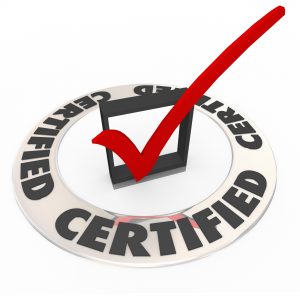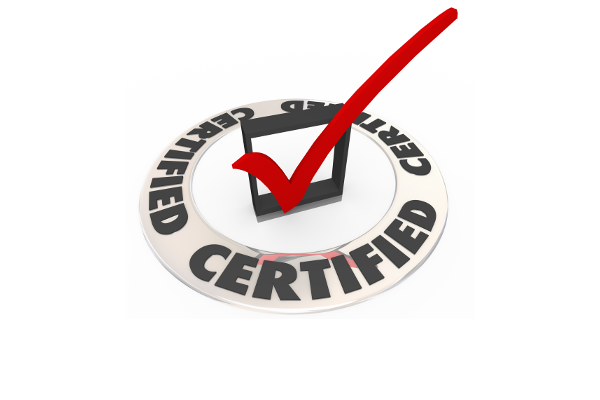 The Board of Certified Safety Professionals (BCSP) recently partnered with the American Society of Safety Engineers (ASSE) to conduct their 2018 SH&E Industry Salary Survey. Nearly 10,000 BCSP active certification holders (CSP, SMS, ASP, OHST, CHST, STS, STSC, CET, and/or GSP) and ASSE members who opted in to receive emails from ASSE participated in the survey. While these groups and certifications are safety related, the results of the survey are valuable for all EHS professionals.
The Board of Certified Safety Professionals (BCSP) recently partnered with the American Society of Safety Engineers (ASSE) to conduct their 2018 SH&E Industry Salary Survey. Nearly 10,000 BCSP active certification holders (CSP, SMS, ASP, OHST, CHST, STS, STSC, CET, and/or GSP) and ASSE members who opted in to receive emails from ASSE participated in the survey. While these groups and certifications are safety related, the results of the survey are valuable for all EHS professionals.
The survey provides insight into the types of certifications/licenses that EHS professionals are obtaining and the reasons they are pursuing them.
The Survey Findings: Types of Certifications Held by EHS Professionals
Eighty-six percent of EHS professionals hold at least one license or certification, and 26 percent have more than one.
Three in four EHS professionals (74 percent) have at least one of the eight BCSP licenses or certifications. The most common license held is a Certified Safety Professional (CSP) (46 percent).
The percentage of respondents who hold other top certifications:
- Construction Health and Safety Technician (CHST): 15 percent
- Associate Safety Professional (ASP): 15 percent
- Certified Industrial Hygienist (CIH): 7 percent
- Safety Trained Supervisor Construction (STSC): 6 percent
- Occupational Hygiene and Safety Technician (OHST): 5 percent
- Certified Hazardous Materials Manager (CHMM): 5 percent
- Associate in Risk Management (ARM): 4 percent
- Safety Trained Supervisor (STS): 4 percent
The Survey Findings: Reasons EHS Professionals Pursue Certifications
The majority of EHS professionals who pursued certification (58 percent) said they secured the license or certification because it was part of their career plan.
Almost half of the respondents said the certification opens opportunities for pay raises, promotions and advancement (47 percent) and/or that it was promoted by their colleagues or managers (42 percent).
Thirty-two percent said they pursued the certification to remain current in the environmental, health and safety industry. 20 percent of respondents said they became aware of the certification through an education setting, while 13 percent stated it was required by their company.
As an EHS professional, gaining a license or certification is a great way to advance your career. If you’re looking to open up new professional opportunities, it’s certainly worth it to look into pursuing a certification that will help you to do your job more effectively. Not only will the certification help you keep your skills up to date, but you’ll also have the potential for a salary increase and a promotion.




